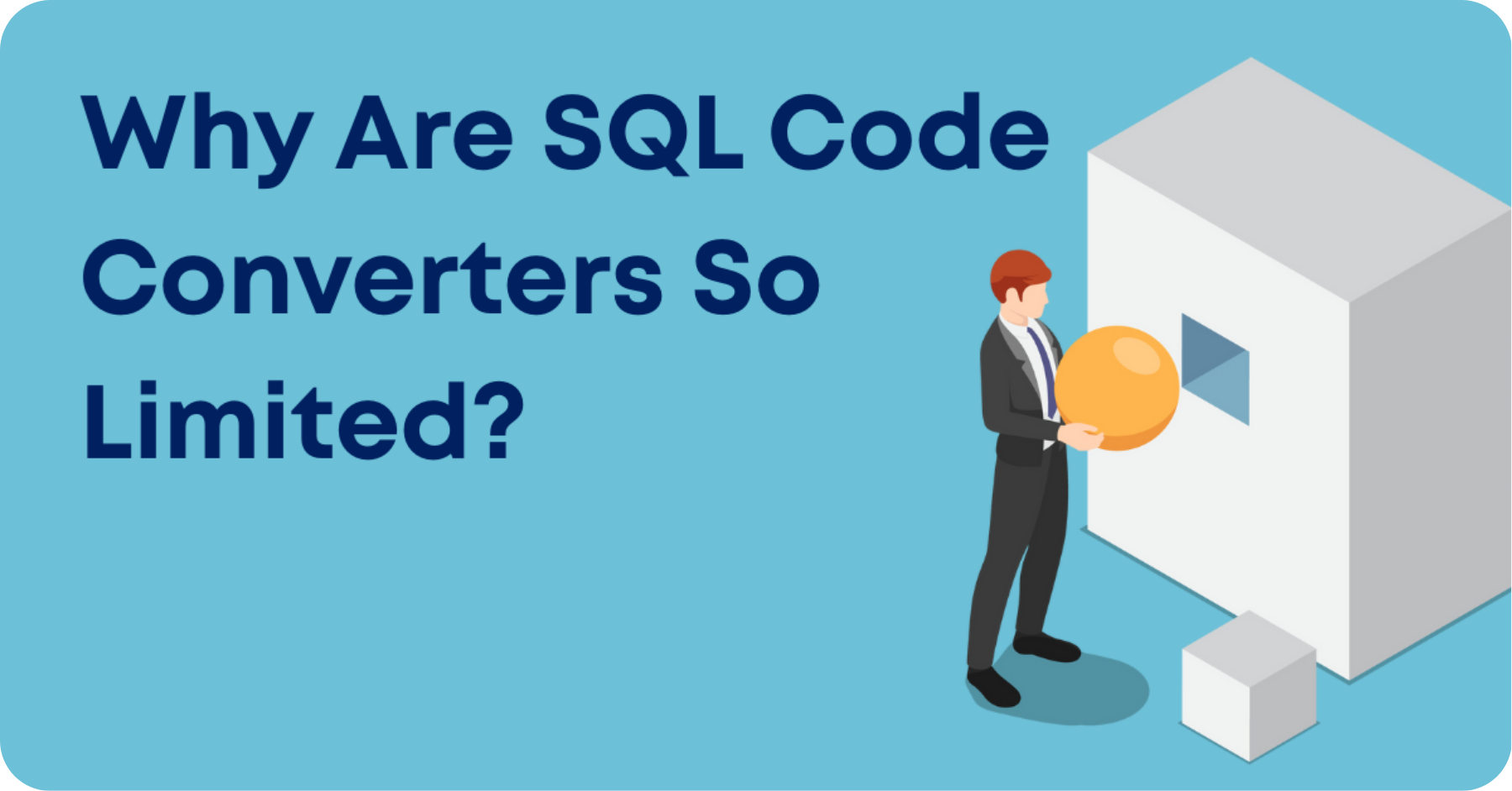This article appeared on Forbes
Mike Waas is the founder and CEO of Datometry, a pioneer in database system virtualization.
In a recent survey by The Conference Board, the majority of CEOs globally stated they are expecting a recession. The shape and depth of that downturn may still be subject to discussion, but many large enterprises have already shifted into high gear to cut costs wherever they can—and database virtualization (DBV) could be one of their sharpest tools.
Cloud databases can offer flexibility that lets IT react quickly to flagging market demands and can result in cost savings when the economy contracts, yet they make sure the enterprise is ready to scale quickly when the markets recover.
However, moving business users and their workloads is no easy feat. In fact, it could very well be among the most difficult issues in all of IT. After all, migrations are considered the bane of the industry.
DBV brings virtualization to the database stack.
DBV is a critical catalyst that lets IT move between database stacks, take up new technology and shed legacy systems that are no longer needed.
A DBV platform that resides in the data path can perform real-time translation of SQL and API requests. Simply said, DBV can enable applications created for one database to run seamlessly on another without the need for an expensive, time-consuming and risky database migration.
DBV accelerates the migration of legacy databases.
Remember, however, that appliances like Teradata or Exadata are costly for a reason. They execute some of the most valuable workloads and house some of the highest-prized data of the enterprise. Therefore, replacing a single appliance often has more impact on the bottom line than migrating, say, 10 less critical systems.
About Mike Waas, CEO Datometry
Mike Waas founded Datometry with the vision of redefining enterprise data management. In the past, Mike held key engineering positions at Microsoft, Amazon, Greenplum, EMC, and Pivotal. He earned an M.S. in Computer Science from the University of Passau, Germany, and a Ph.D. in Computer Science from the University of Amsterdam, The Netherlands. Mike has co-authored over 35 peer-reviewed publications and has 20+ patents on data management to his name.


